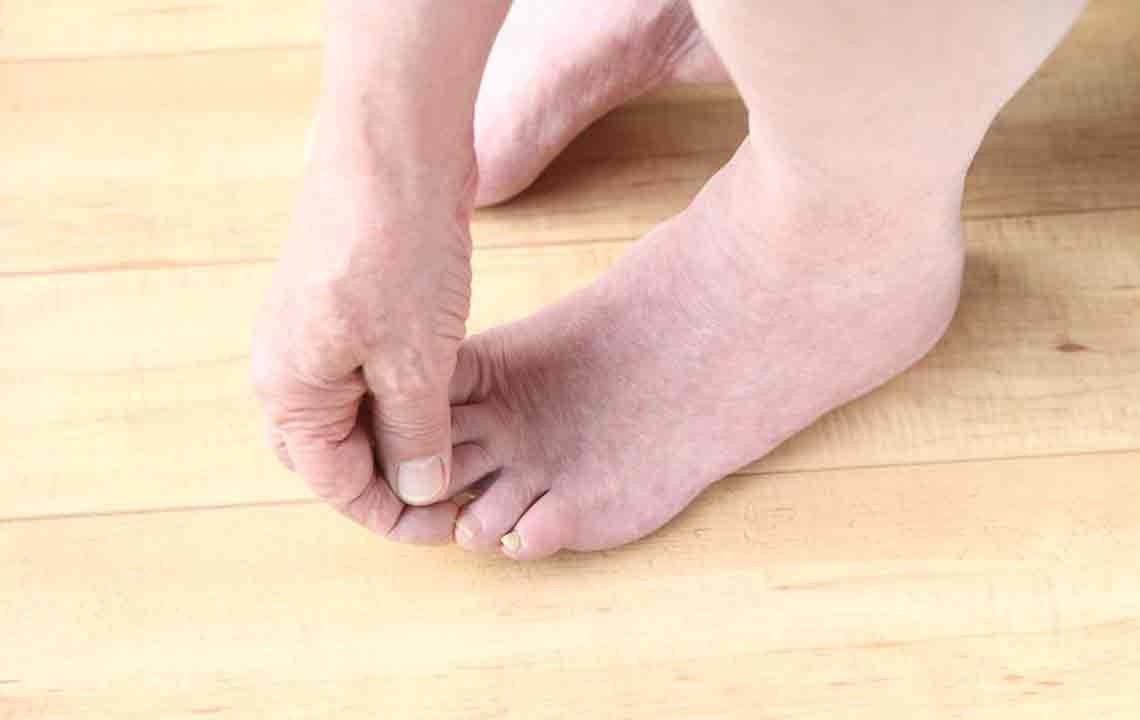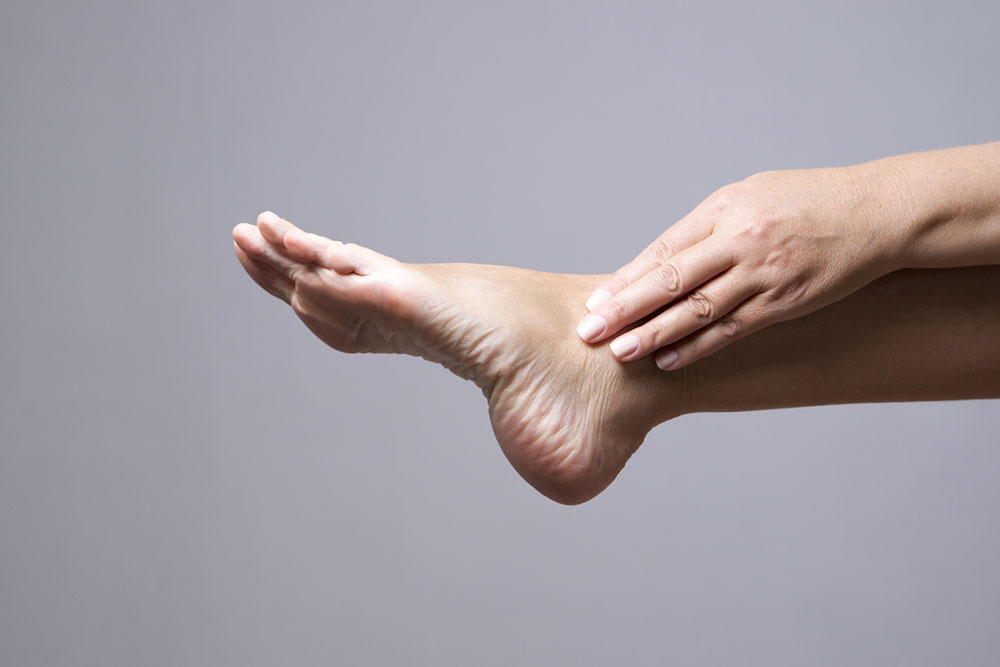Common Foot Issues in Diabetic Patients and How to Address Them
This article discusses common foot problems faced by diabetics, including neuropathy, ulcers, calluses, and fungal infections. It highlights preventive measures and treatments to maintain foot health, emphasizing the importance of early intervention and professional consultation for severe cases. Proper foot care can significantly reduce the risk of serious complications like amputation, making awareness essential for diabetic individuals.

Diabetes can lead to various foot health problems, which, if neglected, may result in severe complications including amputation. Maintaining proper foot care can prevent many issues associated with diabetic foot health. Awareness of common foot ailments in diabetics is essential for early intervention and effective management. Several remedies and preventive measures are available to deal with diabetic foot problems, but timely consultation with healthcare specialists is crucial.
Peripheral Neuropathy
One of the most prevalent issues in diabetic individuals is peripheral neuropathy. This condition damages nerves, impeding blood flow and causing intense pain and discomfort. In advanced cases, patients may feel numbness, making them unaware of cuts or injuries. Fortunately, specific treatments can help manage diabetic neuropathy.
Ulcer Formation
High blood sugar levels can lead to the development of foot ulcers, which pose serious health risks. If untreated, infections may spread and cause gangrene, sometimes necessitating amputation. Damage to blood vessels hampers proper healing due to insufficient blood supply.
Calluses
Diabetics often develop calluses on areas exposed to pressure. Over time, these calluses can become thickened and may turn into ulcers if not treated appropriately. Using therapeutic footwear and specific diabetic foot care strategies can help prevent callus formation.
Fungal Infections
Fungal issues such as athlete’s foot are common among diabetics. Symptoms include redness, skin cracking, and discomfort. Infections can also affect nails, leading to brittleness and crumbling. Antifungal medications can effectively treat these conditions. Proper foot hygiene and regular inspections are vital in preventing fungal infections.
With proper knowledge and proactive care, diabetic foot problems can be managed effectively. Consulting healthcare professionals is recommended if issues worsen or persist.
Disclaimer:
The information provided is for educational purposes only and should not replace professional medical advice. Always seek guidance from qualified healthcare providers for diagnosis and treatment of any health condition.










